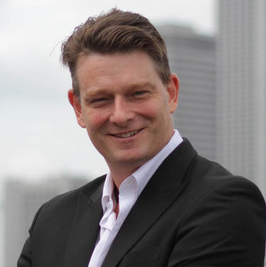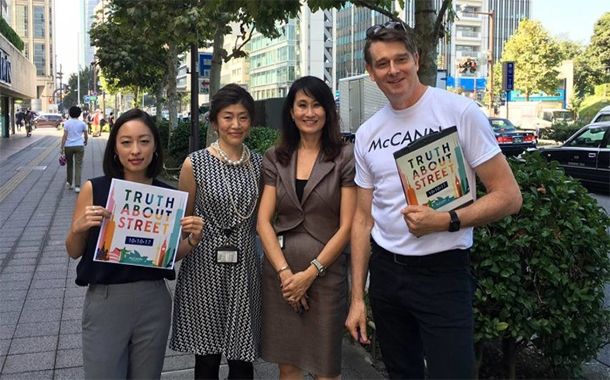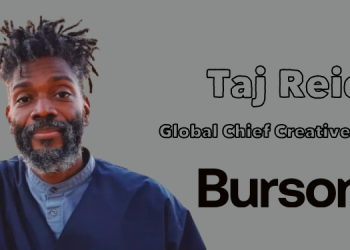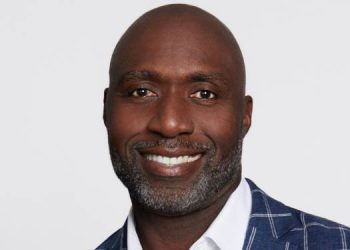McCann Worldgroup has enlisted all of its employees around the world to leave their desks for a day on 10 October 2017, and head to the streets in each respective local markets to meet with and interview people face-to-face.
This is to gain insights into their shopping behavior and relationship to cultural values. The new “Truth About Street” study will involve roughly 20,000 McCann Worldgroup employees in more than 100 countries. In Asia Pacific, 3,200 employees from across 12 markets will be participating.
Every department and level of the network has been enlisted to participate, from associates to senior management, including creative, business leadership, strategy, production and administrative teams. The questions and conversations are designed to gather additional information and insights about local cultures, brand attitudes, traditional shopping, e-commerce and emerging consumer sentiment, a spokesperson from McCann Worldgroup said in a statement.

Luca Lindner, McCann Worldgroup president, said, “This is the first time that we have galvanised our entire employee base to help us develop in-depth insights about local culture and its connection today to brand attitudes and shopping behavior.”
In doing so, Lindner said its employees will hear first-hand on the cultural shifts that are affecting its clients and have a deeper understanding of how to apply these learnings to help grow client’s brands and businesses.

Charles Cadell, McCann Worldgroup APAC president added, “Our Truth studies are a core part of who we are and how we help our clients with insightful consumer understanding. They are also great fun and I personally look forward to getting out there and getting back a taste of my days as a street interviewer.”
The findings will be incorporated in the next wave of the company’s Truth About Global Brands study. First conducted in 2014 by McCann Worldgroup’s global intelligence unit, McCann Truth Central, it looked in-depth at the changing dynamics affecting global brand marketing. The research entailed quantitative work with 30,000 people in 29 countries, supplemented by rich ethnographic research with consumers as well as with marketing, cultural and entertainment experts.

















